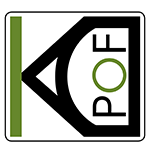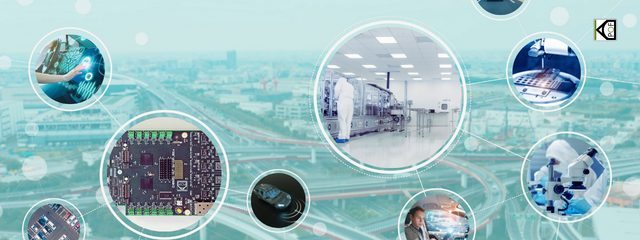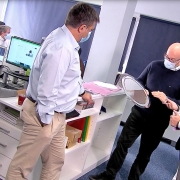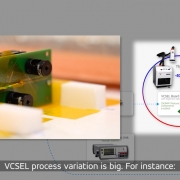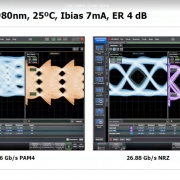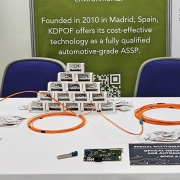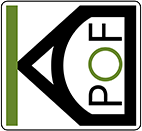PERTE Chip or the Ambition to Put Spain on the Semiconductor Map
This is a translated extract of the article “PERTE Chip o la ambición de situar a España enel mapa de los semiconductores” by Marilés de Pedro for Newsbook, first published on 5 February 2024 in Spanish.
‘It is the most ambitious PERTE of the Strategic Projects for Economic Recovery and Transformation. Approved in April 2022, the PERTE Chip has a budget of around 12,250 million euros until 2027 and aims to boost the semiconductor sector in Spain. A PERTE, in line with the provisions of the European Chip Law, which came into force last September and which seeks to promote the strategic autonomy of the EU in this critical area. In Spain, the first aid was granted last December to a total of 15 projects, totaling 50 million euros, thanks to the approval last October of the Addendum to the Recovery Plan, which made it possible to mobilize all the resources allocated to Spain from the NextGeneration EU funds …’
For the original publication, please see here.
As follows, please find the translation of the interview with our CEO Carlos Pardo:
KDPOF: Chips with Spanish Flavor
In the complex environment of chip manufacturing, it is possible to find innovative companies with a Spanish stamp. This is the case of KDPOF, founded in 2010, which has focused its activity, with great success, on the packaging and testing of optoelectronic chips. These chips, as Carlos Pardo, CEO and co-founder of the company, explains, link microelectronics and optics, so the encapsulation process connects both worlds. “The precision required in optics and the high speed demanded in microelectronics make potting a key part of the product,” he explains, and the company estimates that the potting and testing required for this type of chip accounts for more than 70% of the cost, so control of the manufacturing process is crucial. “Our encapsulation technology is robust, of a quality and at a price that is among the most advanced in the world,” he says. Although the main sector targeted by the Spanish company is the automotive market, its technology is applicable to other markets.
“We lead the world in the use of in-car optical communications,” says Pardo. These communications are indispensable “as the demand for high data transmission speeds has increased, with the arrival of cameras and other high-definition sensors, autonomous driving, the connected car and huge screens. The recipe, in his opinion, to do so passes through automation and robotization. “The development of Industry 4.0 or artificial intelligence, for example, are some of the technologies that can allow us to compete with countries that have a low cost of personnel”.
In the deployment of this activity, the Spanish company was awarded last June a part of the investment of the European Commission’s “Important Projects of Common European Interest” (IPCEI) program, estimated at 8.1 billion euros. The current investors in KDPOF and some banks are also betting on bringing manufacturing capacity to Spain,” he adds, optimistically believing that Spain can be a chip and semiconductor production center. “Not only can it, but it has to be. We have no future if we only focus on service, tourism and construction. Industry has to grow significantly, and more so in Spain.”
The company is currently embarking on an ambitious project to deconstruct a chip encapsulation factory to be located in Tres Cantos. The facility will consist of some 2,000 square meters of clean rooms where at least two lines will be set up, with the possibility of installing one more. The rooms will have different cleanliness categories, from ISO 6 to ISO 8, and will be able to carry out the so-called “wafer handling” or preparation and cutting of the silicon wafer and its subsequent testing, packaging, and final testing. In addition, there will be prototyping, qualification and R&D laboratories.” We want to reach 6 seconds per chip and, subsequently, optimize the process until we reach 3 seconds per chip”.
This is a project in which the Spanish company enjoys funding thanks to the European IPCEI program, with a budget of more than 50 million euros. Pardo explains that a large part of it will go to R&D activities. “Around 11 million euros have already been invested,” he says. “It is quite possible that the total invested, at the end of the project, set for 2028, will be significantly higher, to increase the capacity and efficiency of the lines”.
For the original publication, please see here.
